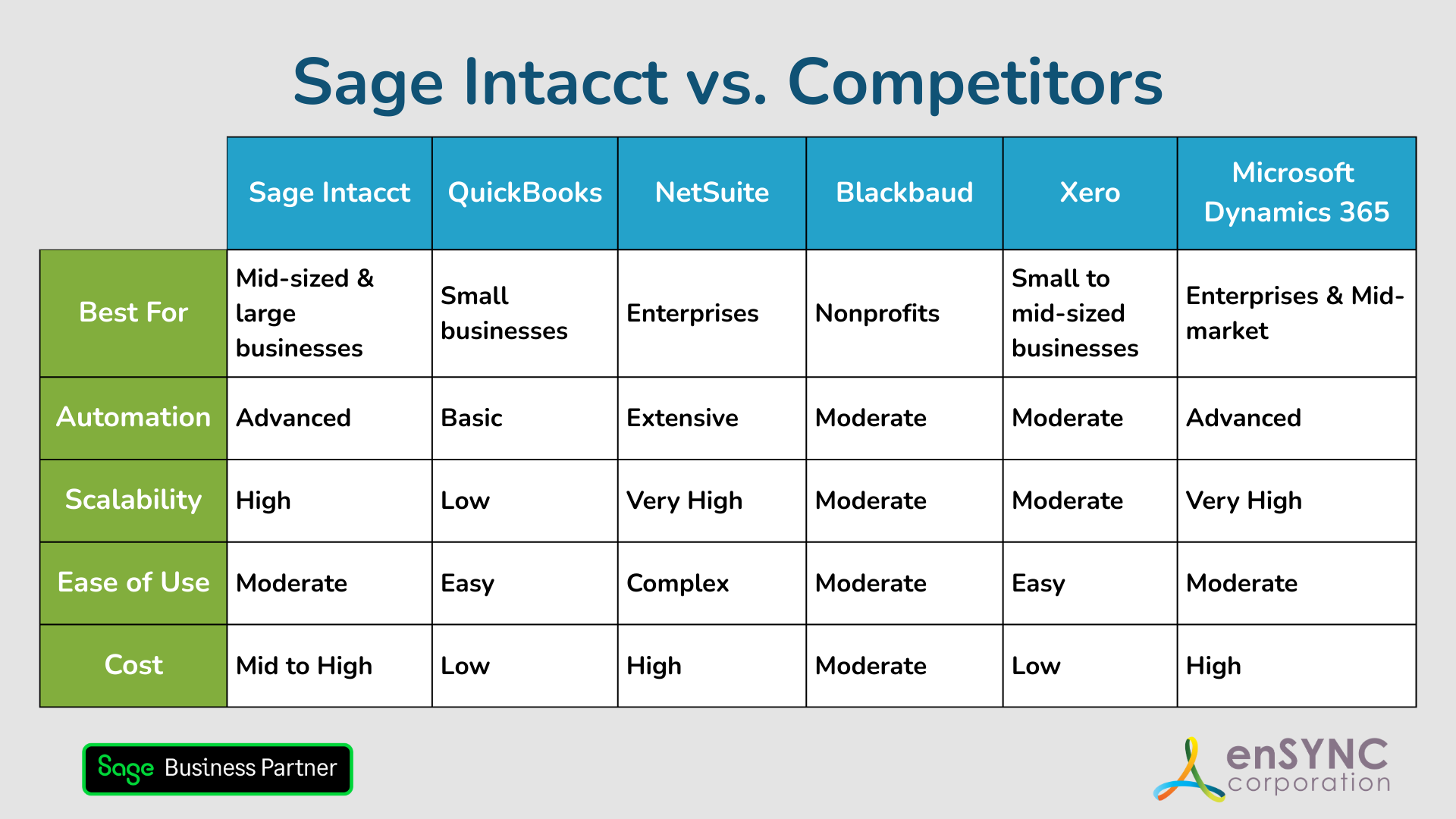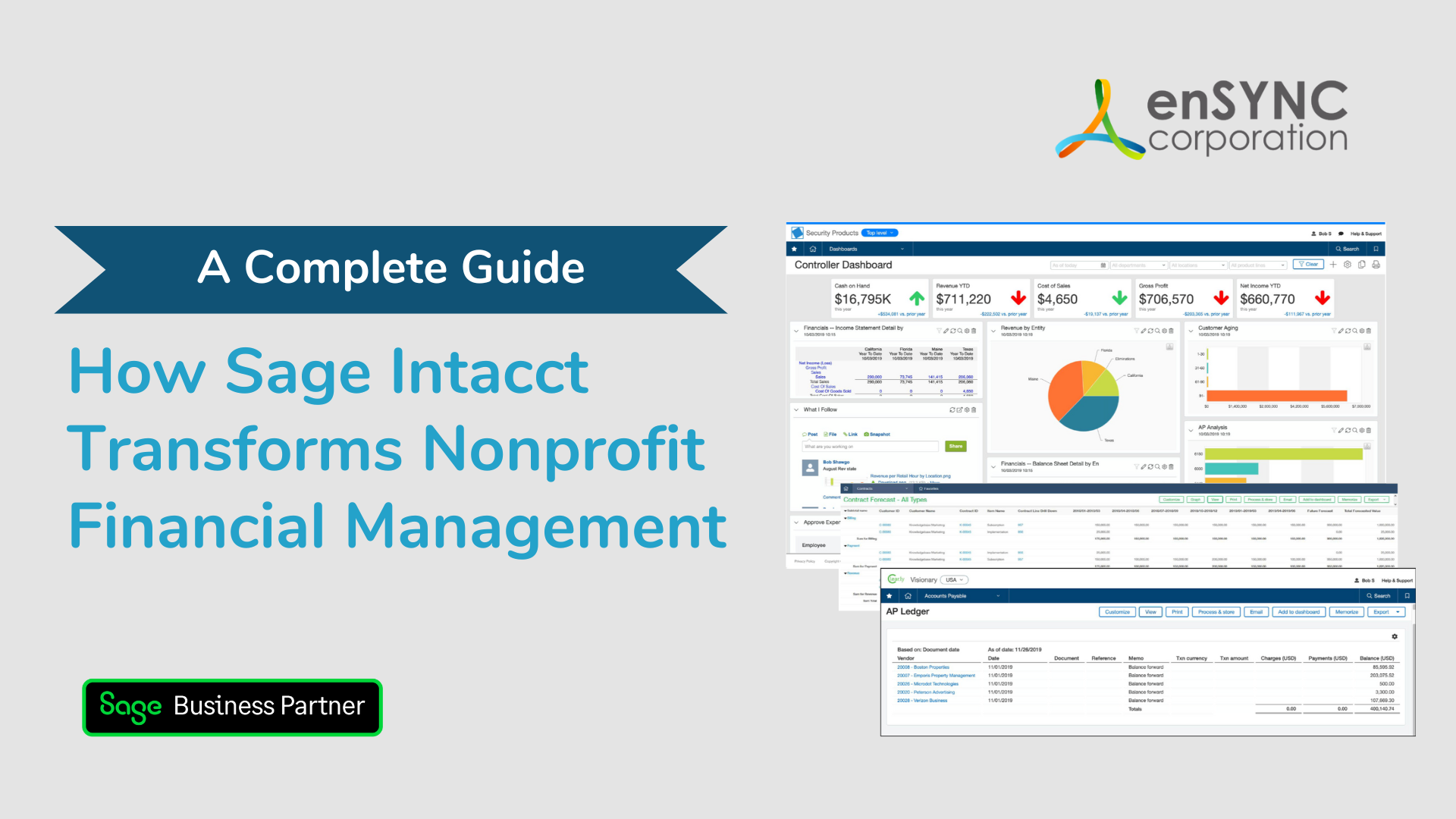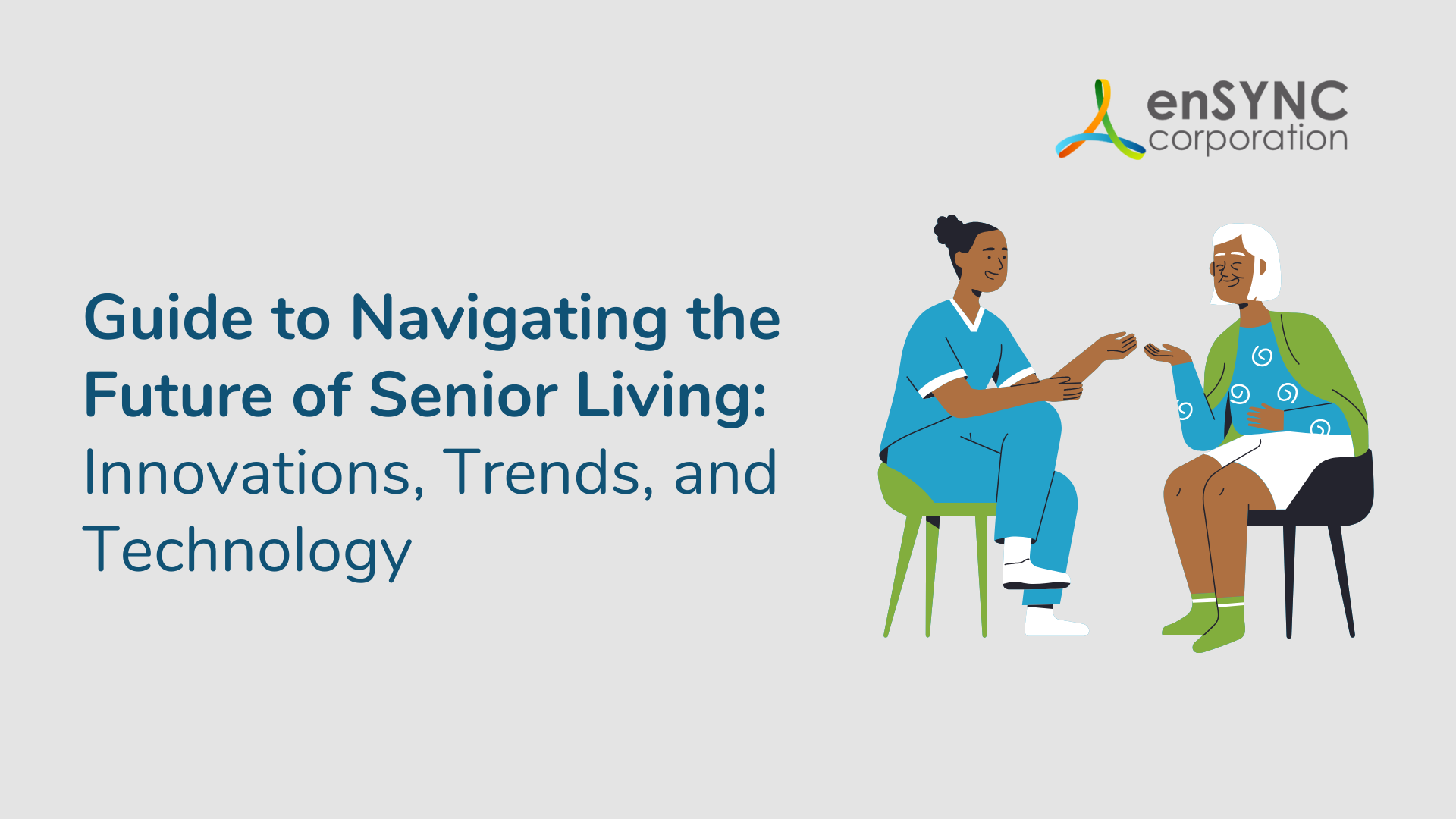Technology & digital transformation | Senior living | Financial management
The Importance of Conducting Regular Data Audits for Senior Living Communities
June 10, 2024
|
Data audits are an essential yet frequently disregarded part of senior housing communities' data management processes. However, they play a critical role in preserving data accuracy, streamlining operations, and improving the general experience for both staff and residents. Here’s eight reasons why you should prioritize regular data audits.
1. Identifying Errors
Finding errors is one of the main purposes of organizational data audits. For senior care facilities, performing frequent data quality audits guarantees that your data is current and correct, ensuring accurate and well-informed decision-making. This facilitates improved care management and more effective communication within your organization.
2. Fixing Human Errors
Human errors are unavoidable, particularly when working with big data sets. When entering data, even small errors might have serious consequences. Regular data audits will help you find and fix these mistakes before they become more serious. This process enhances the quality of the data and identifies areas that could require more training or procedural changes.
3. Evaluating Overall Data Quality Audits
A thorough data audit evaluates the completeness, consistency, and dependability of your organization's data. Accurate data is necessary for strategic planning, precise reporting, and top-notch resident care. By routinely evaluating the quality of your data, you can find gaps and take steps to improve the dependability of your assets.
4. Eliminating Duplicates
Duplicate records can clutter your database, leading to redundancy and inefficiency. They can also result in conflicting information, making maintaining a single source of truth challenging. Data audits help identify and eliminate duplicates, streamlining your data management processes and ensuring each record is accurate.
5. Organizing Your Data Effectively
An effective data audit involves organizing your data to enhance accessibility and usability. Organized data is more accessible to analyze, leading to more insightful and actionable business intelligence.
6. Structuring Your Data for Maximum Efficiency
Data structuring is about creating a system to store, retrieve, and process data efficiently. Regular data audits help review and refine your structure, ensuring it aligns with your organizational needs. A well-structured data system creates consistency across data sets and facilitates seamless integration with other tools and platforms, improving overall operational efficiency.
7. Reviewing Automated Systems
Many senior living communities rely on automated systems for data management, from resident records to financial operations. While automation can enhance efficiency, it is not immune to errors. Regular data audits help review these automated systems, ensuring they function correctly and deliver accurate results.
8. Assessing the Security of Data
Data security is one of the most important components to examine during a data audit because it ensures you remain compliant and protect resident information. A data quality audit includes examining your security measures to ensure compliance with industry requirements. Improving data security not only shields your organization from data breaches but also fosters trust with residents and their families.
Benefits of Regular Data Audits
Conducting regular data audits offers multiple benefits for senior living organizations:
- Enhanced Data Integrity: Regular audits ensure your data is accurate, complete, and reliable, essential components for informed decision-making and strategic planning.
- Improved Resident Experience: Accurate and well-organized data allows for personalized and efficient resident care, enhancing overall satisfaction.
- Operational Efficiency: By identifying and rectifying data inaccuracies, redundancies, and structural issues, you can streamline your operations and improve productivity.
- Compliance and Security: Data quality audits help ensure your data practices comply with regulatory requirements and industry standards, safeguarding against potential legal and financial repercussions.
- Informed Business Decisions: High-quality data provides a solid foundation for analyzing trends, forecasting outcomes, and making strategic decisions.
It is impossible to overestimate the significance of regular data audits for senior living organizations. While it may seem like a massive project, your data's security, accuracy, and integrity set the stage for improved care, operational effectiveness, and long-term expansion.
Are You Confident in the Integrity of Your Data? If Not, We Can Help.
Ready to get the help you need to maintain the integrity of your data systems? Contact us today to schedule a consultation and discover how our organizational data audits can be the first step to transforming your senior living community.

Chadd Arthur is a seasoned professional with over 25 years of experience in the non-profit sector, specializing in process improvement and the strategic alignment of organizational goals with technology solutions. Leveraging his extensive expertise, Chadd conducts regular strategic assessments for organizations, guiding them towards enhanced efficiency and effectiveness. With a profound passion for aiding clients in recognizing the value of process improvement, Chadd leads our team in secure technology solutions that directly contribute to their mission success. His commitment to excellence is evident in his contributions to the industry, including participating in panels and serving as a thought leader to a network of non-profit professionals. Chadd earned his MBA from Indiana University Bloomington and resides outside the greater Chicago area. Chadd not only brings a wealth of knowledge and experience but also a dedication to making a meaningful impact in the non-profit space.
Recent Posts

Sage Intacct vs. Competitors: Finding the Best Accounting Solution for Your Nonprofit
Choosing the right accounting software is a critical step for any organization — and a deeply personal one, too. How to choose the accounting...

How Sage Intacct Transforms Nonprofit Financial Management: A Complete Guide
Staying on top of financial management is crucial for all businesses, especially nonprofits. Nonprofits often have limited resources and handle...
Enjoying our blog?
At enSYNC, we want to empower associations and nonprofits to make well-educated decisions. If you want our industry knowledge (and other free guides) sent directly to your inbox, fill out the form below.

